The big Bethesda business deal has closed.
Microsoft announced in the summer of 2020 that it was entering into an acquisition deal with ZeniMax Media, owners of Bethesda, id Software, Machine Games, and various other beloved studios. Bethesda Softworks is the legendary studio behind The Elder Scrolls and the 3D Fallout games. Other ZeniMax Studios and franchises acquired as part of the deal include id Software, known for the id Tech Engine alongside titles like DOOM, RAGE, and Quake. The Dishonored franchise moves across with Arkane Studios, and Machine Games' joins the fray, with their story-driven Nazi-killer Wolfenstein.
With this deal closed, it turns Microsoft into a true powerhouse in the industry. Microsoft already has some of the biggest video game franchises in history, including titles like Minecraft, Forza, and Halo, but this deal takes Xbox to a whole new level.
What comes next, you may be wondering? Those questions will doubtless soon be answered. But the meme of Microsoft not being able to deliver games (something we've written about extensively) should become a thing of the past. That's particularly true if, as we expect, many of Bethesda's future games go exclusive to platforms that support Xbox Game Pass.
The Nintendo Effect
One thing I've often thought about with regards to Xbox, PlayStation, and Nintendo, is the disparity between the three when it comes to nostalgia. Naturally, Nintendo by far and away boasts the lion's share of nostalgia power with people of a certain age and is consistently reinvigorating its portfolio by delivering games that appeal to gamers of all ages. Pokemon, Mario, Zelda, and many other big-name Nintendo franchises are household names — your parents have heard of them; maybe even your grandparents.
PlayStation also has some pretty strong IP in this area, particularly with God of War and the PlayStation brand in general. Many also associate PlayStation with classic experiences like Final Fantasy and Metal Gear Solid, despite the fact they've gone multiplatform in recent years. Sony spends a fair bit of money to keep Final Fantasy off Xbox systems, at least in a limited capacity. Final Fantasy XIV, Final Fantasy VII: Remake, and Final Fantasy XVI all enjoy some form of PlayStation exclusivity, if not complete and outright permanent exclusivity.
I've often felt that Microsoft was on the backfoot in this department. Naturally, it has Minecraft, which has seen a resurgence in recent years and is up there with Pokemon as one of the biggest gaming franchises ever. There's Halo, too, although it has waned in popularity. Some of the other Xbox franchises out there just don't have the same stamina as the Marios and Zeldas of the world. The Bethesda deal wholly solves that gap in Microsoft's arsenal.
Few games come with such brand power as Fallout, The Elder Scrolls, DOOM, and Wolfenstein. The latter two are credited with practically inventing first-person shooters. The Elder Scrolls V: Skyrim is among the biggest games of all time. And the Fallout brand is a powerhouse in its own right. All of these IP, all of their brand power, and all of their nostalgia now sits with Xbox, anchoring Microsoft in wider pop culture in a way that it has only achieved with a few franchises. Both Fallout and The Elder Scrolls are rumored for a TV debut as well, alongside Halo in 2022.
If I was Microsoft and Xbox, I'd want to move quickly to associate these brands with the platform, in a similar way to how Nintendo associates itself with its blockbuster franchises.
Sprawling variety for Xbox Game Pass
If our expectations are correct, Microsoft will likely move to put ZeniMax's games directly into Xbox Game Pass, similar to what it's been doing with Xbox Game Studios. Whether or not platform exclusivity is a part of that remains unknown, but we expect it to be the case for many future games. In the Xbox Wire post, Xbox head Phil Spencer says Xbox Game Pass will be the "best place" for future Bethesda titles, while noting that "some" games will be exclusive to Xbox and Windows PC.
Microsoft will likely move to put ZeniMax's games directly into Xbox Game Pass.
A few years ago, Bethesda put forward a mini-marketing campaign about single-player titles, as an affront to an industry that is falling ever deeper into the service-based game rabbit hole. Ironically perhaps, Bethesda itself began to invest more in this area, with games like Fallout 76 and The Elder Scrolls Online, alongside some popular mobile games. Many of these efforts were ill-received by the community. Fallout has always been a single-player experience, and the underwhelming effort to turn Fallout into a multiplayer game was largely panned by critics and fans alike. Fallout 76 also flirted with pay-to-win mechanics, like selling repair kits for real money, though it has improved a fair bit in recent years. Similarly, Wolfenstein: Youngblood was criticized for its underwhelming gameplay loop and pseudo-RPG mechanics, as though it was designed purely for the sake of microtransactions.
The conspiracy theorist in me wants to believe that these half-baked efforts were more about selling the company than changing philosophy. Pulling in higher profits thanks to microtransactions undoubtedly helped ZeniMax hit a higher valuation in its sale to Microsoft. Under Microsoft, ZeniMax games needn't continue to pursue this in the half-hearted way they have been previously, thanks to Game Pass.
Xbox Game Pass is Xbox moving forward. Having millions of people chip in $15 a month for the full package is a lucrative business model that has proven successful time and time again with the likes of Spotify, Netflix, Disney+, and beyond. Xbox itself was among the first to pioneer the idea of a monthly gaming subscription service with Xbox Live. The natural progression of that is offering content for all types of people to pull in as many subscribers as possible. I'm not sure someone would subscribe to Xbox Game Pass for a sub-standard Wolfenstein game with forced microtransactions like Wolfenstein: Youngblood. But they might subscribe for high-quality mainline games like Wolfenstein: The New Colossus and Wolfenstein: The New Order.
I've been told by sources familiar with Xbox Game Pass' performance that single-player games do incredibly well in terms of engagement within the service. In a world where publishers seem increasingly reluctant to take risks on this format, in favor of on-going service games with multiplayer, Xbox Game Pass seems like it could be a godsend for the type of games Bethesda and its subsidiaries became famous for. A genre for everyone, all the time, in perpetuity.
A bright Xbox future
Months after the fact, as an Xbox fan, it's hard to believe this is actually happening. From the days of the Xbox One launch disaster to mid-gen budget struggles, we now have an Xbox that enjoys a seat on Microsoft's leadership team, with an aggressive plan for expansion and growth. Xbox isn't the sheepish sub-Windows side-project that it has been in the past. Instead, Xbox is ready to weather the changing markets with a future in the cloud, powered by Azure, and a huge stable of AAA-quality content makers.
The future is incredibly bright for Xbox fans. This whole deal really slams home how gaming has become central to what Microsoft does as a company.


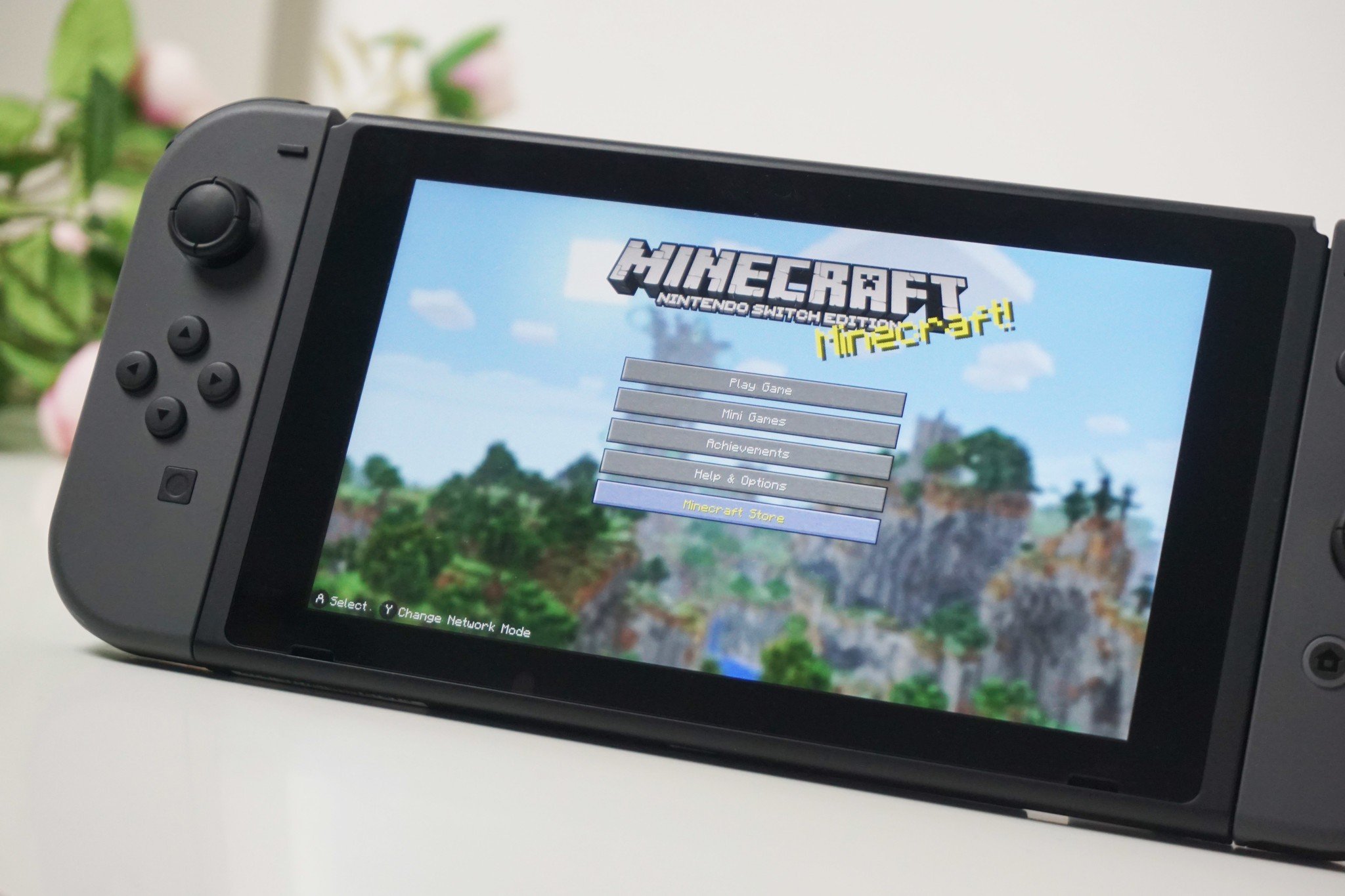
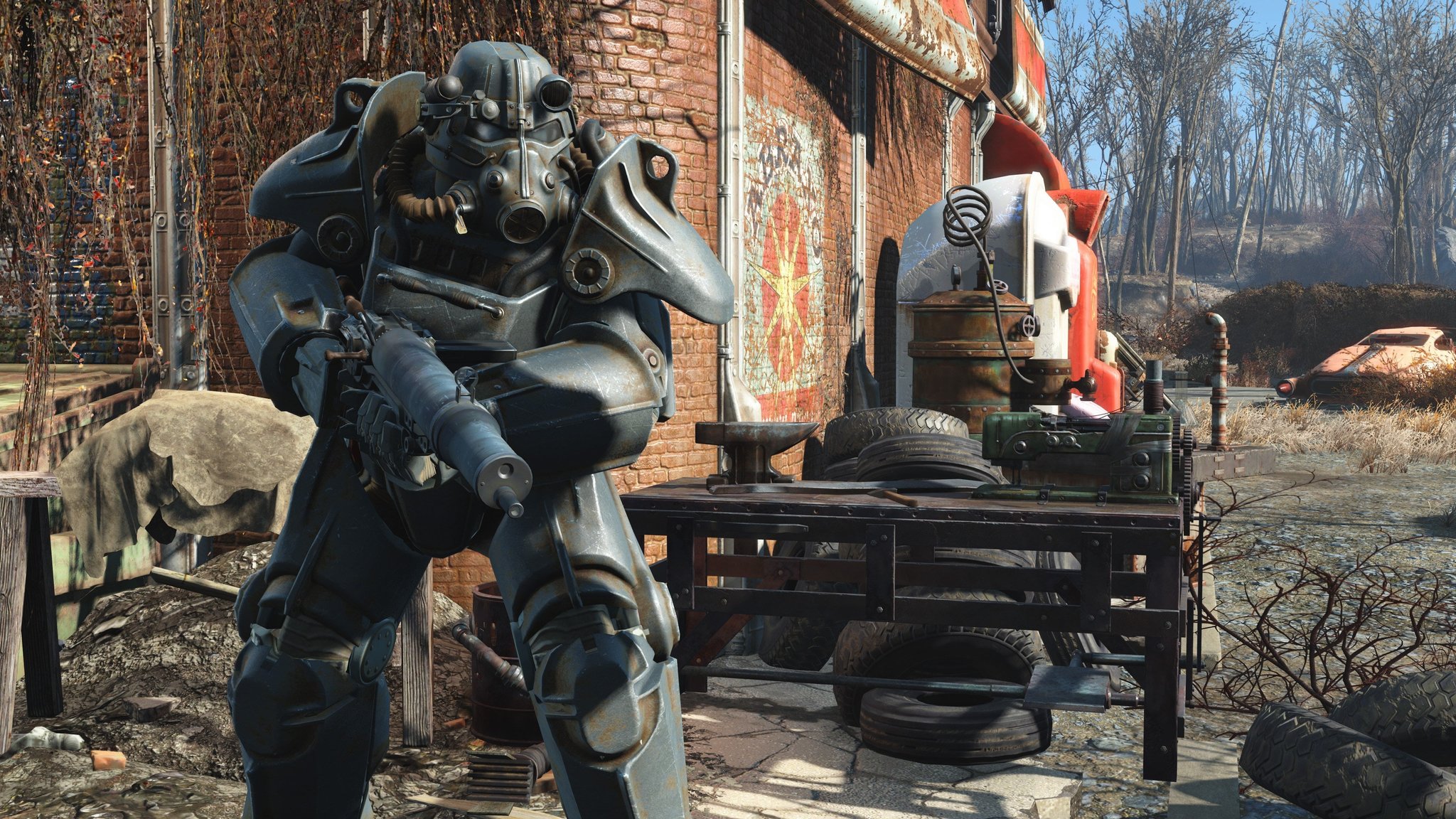
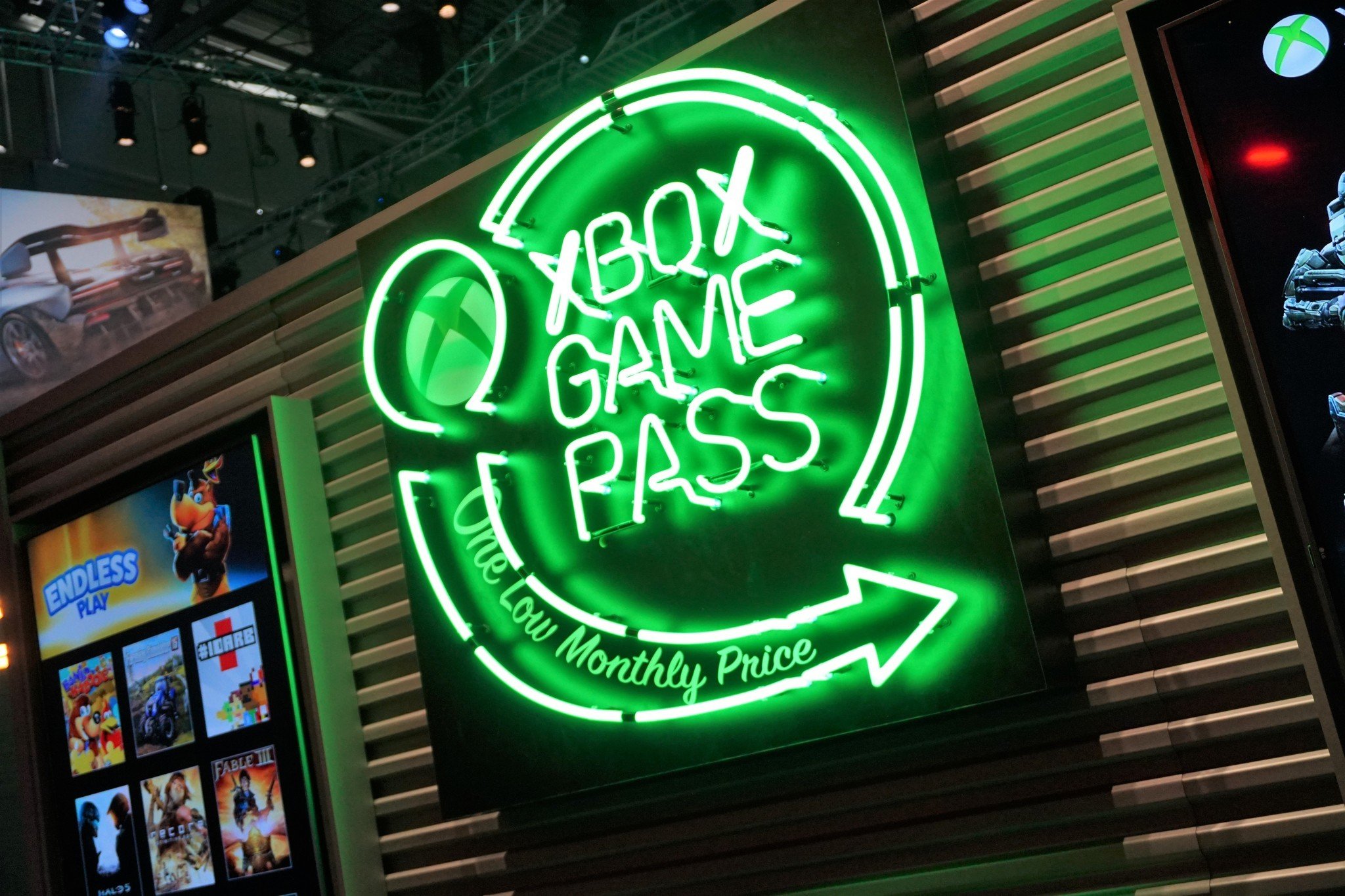
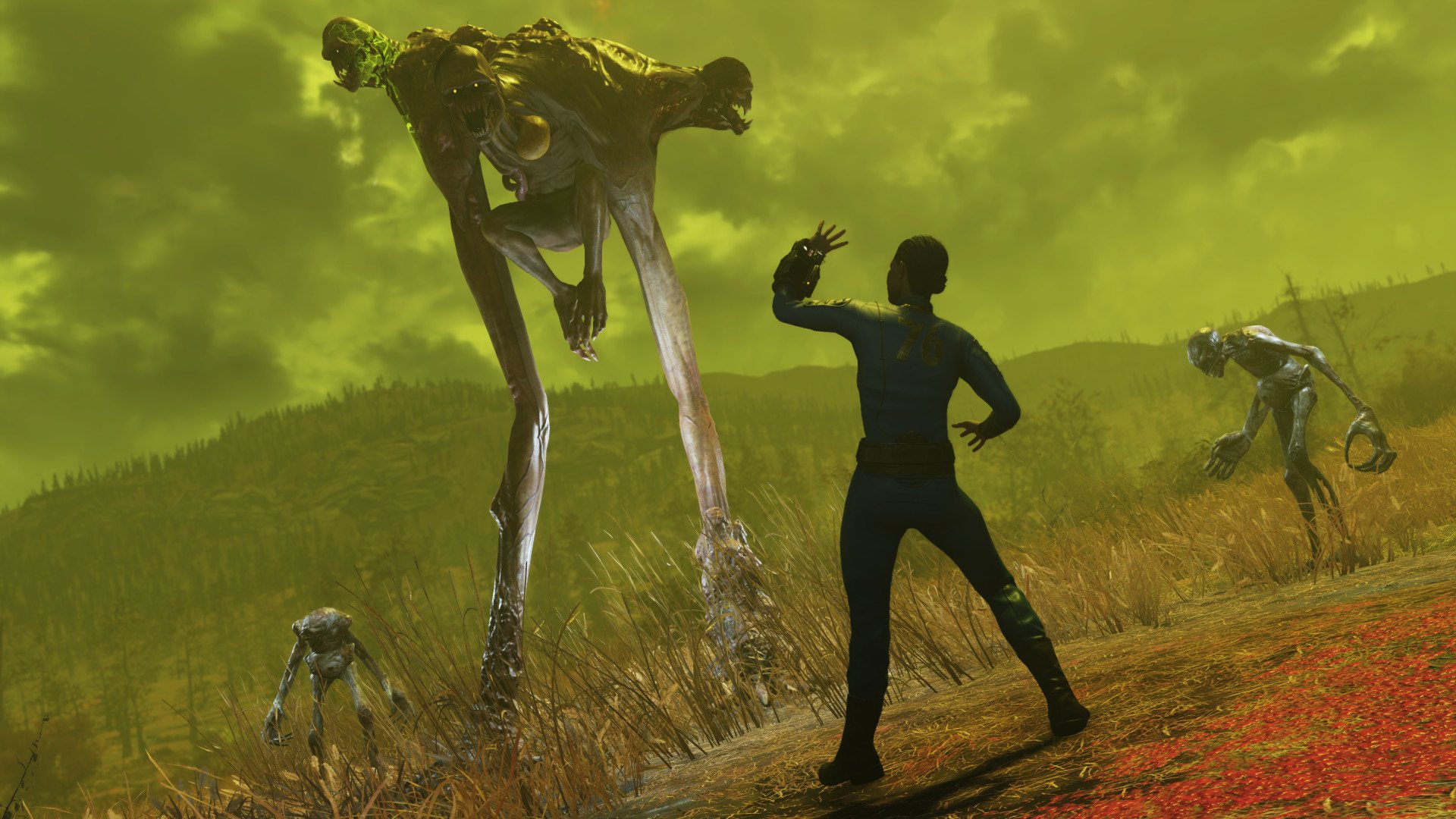
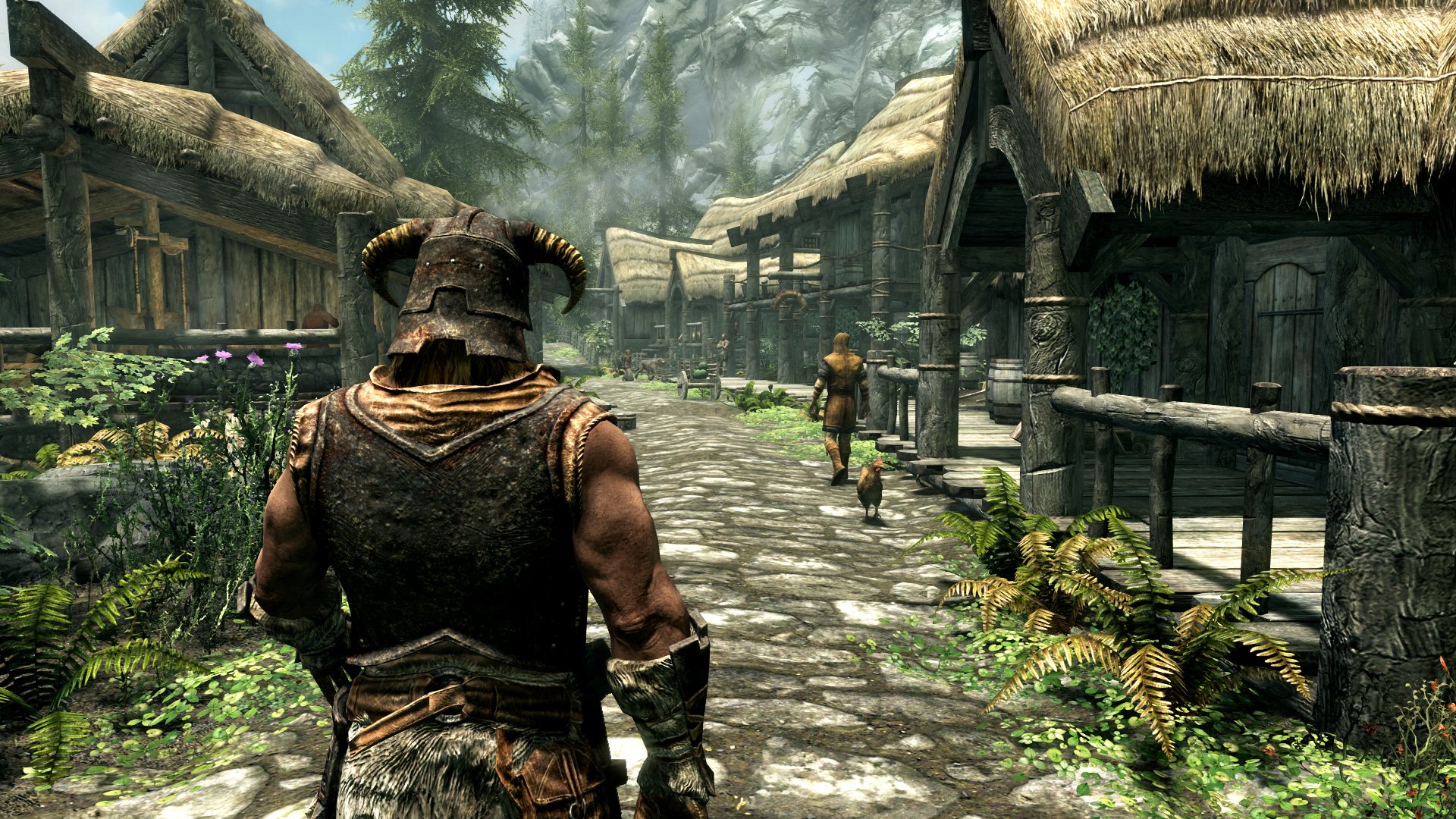




0 comments:
Post a Comment